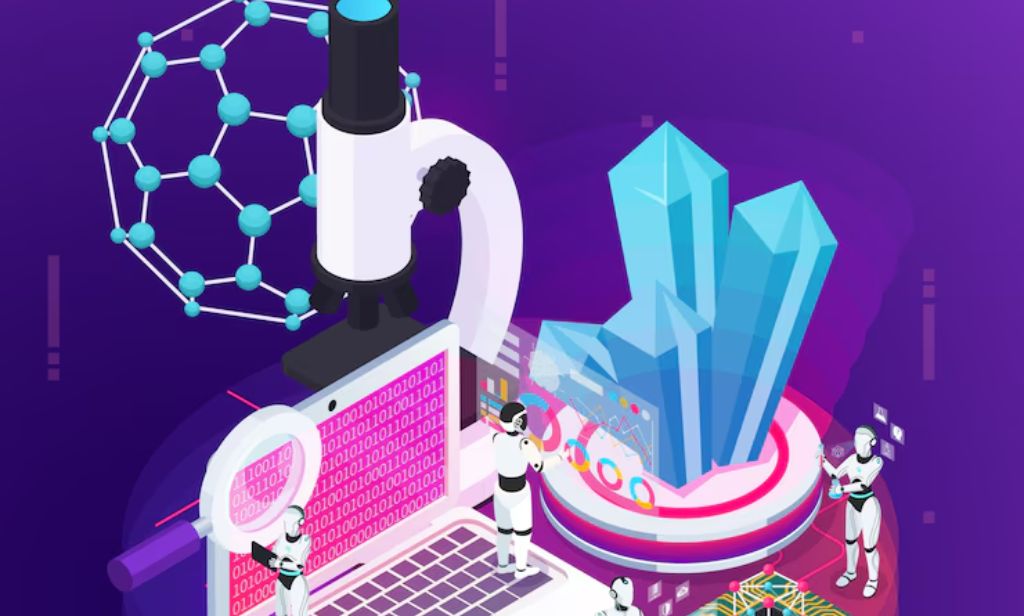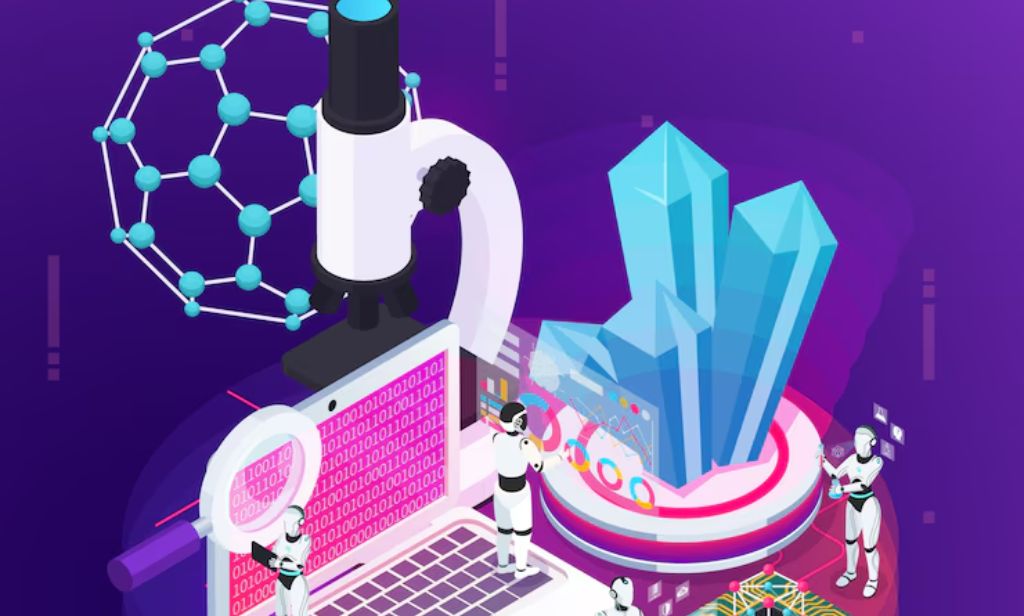
In the realm of scientific innovation, few fields hold as much promise and potential as biotechnology. With its interdisciplinary nature combining biology, chemistry, engineering, and computer science, biotechnology has already revolutionized healthcare, agriculture, environmental sustainability, and more. As we are standing on the slope of such technological advancement, it’s the need of the hour to examine the current state and future trajectory of the biotechnology market.
Recent Market Trends: Over the past decade, the biotechnology market has experienced exponential growth, driven by advancements in genetic engineering, synthetic biology, and precision medicine. Key areas such as gene editing, personalized therapeutics, and agricultural biotechnology have seen significant investment and breakthroughs.
Gene Editing: Technologies like CRISPR-Cas9 have transformed the landscape of genetic engineering, offering precise and efficient tools for editing DNA in vivo. This has immense implications for healthcare, including potential cures for genetic disorders and personalized treatments for related genetical diseases.
Personalized Medicine: The shift towards personalized medicine, tailoring treatments to individual genetic profiles, has gained momentum. Biomarker discovery, companion diagnostics, and targeted therapies are redefining how we approach diseases, improving patient outcomes and reducing adverse effects.
Agricultural Biotechnology: With a growing global population and increasing environmental challenges, agricultural biotechnology has become vital for sustainable food production. Traits such as drought resistance, pest tolerance, and enhanced nutritional content are being engineered into crops to address food production problems.
Future Market Projections: Looking ahead, the biotechnology market is poised for even greater expansion and innovation. Several key trends and advancements are expected to shape its trajectory over the next one to two decades.
Synthetic Biology: The convergence of biology and engineering in synthetic biology holds immense potential for creating novel biomolecules, biofuels, and even synthetic organisms. This field is anticipated to drive breakthroughs in drug discovery, renewable energy, and industrial biotechnology.
Cell and Gene Therapies: The next frontier in healthcare lies in cell and gene therapies, offering potential cures for previously untreatable diseases. Advancements in gene editing, stem cell technology, and immunotherapy are expected to lead to more effective and accessible treatments for conditions ranging from genetic disorders to cancer.
Precision Agriculture: As climate change continues to impact global food systems, precision agriculture technologies will play a crucial role in enhancing crop resilience, optimizing resource use, and minimizing environmental impact. Smart sensors, drones, and AI-driven analytics will enable farmers to make data-driven decisions for sustainable agriculture.
Bioinformatics and AI: The exponential growth of biological data necessitates sophisticated tools for analysis and interpretation. Bioinformatics, coupled with artificial intelligence (AI), will revolutionize drug discovery, disease diagnosis, and personalized healthcare by uncovering complex patterns and correlations within biological datasets.
Environmental Biotechnology: Addressing environmental challenges such as pollution, resource depletion, and climate change requires innovative biotechnological solutions. Bioremediation, bio-based materials, and carbon capture technologies will play a crucial role in mitigating environmental degradation and fostering sustainability.
The future of biotechnology holds immense promise, with groundbreaking innovations poised to transform healthcare, agriculture, industry, and the environment. However, realizing this potential requires continued investment in research, infrastructure, and regulatory frameworks to ensure the ethical and responsible deployment of biotechnological advancements. By harnessing the power of biotechnology, we can address some of the most pressing challenges facing humanity and create a healthier, more sustainable future for generations to come.
Visited 1321 times, 1 Visit today


